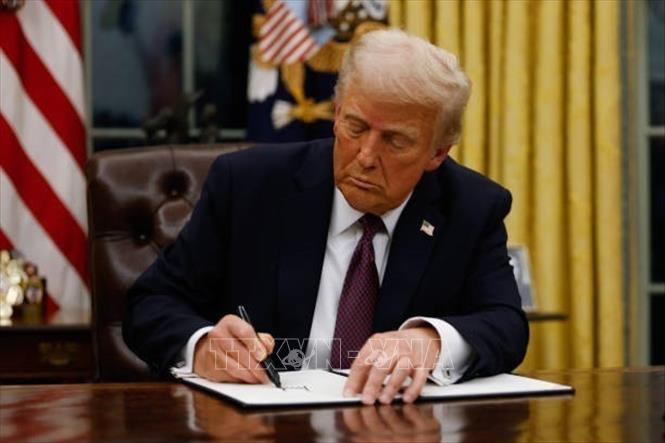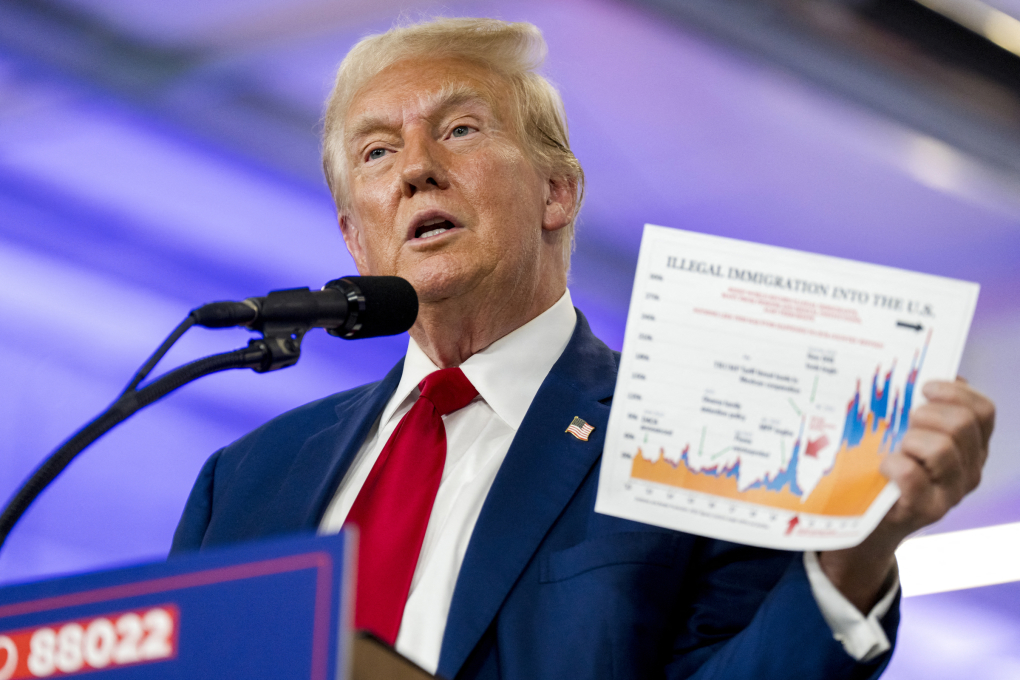
A recent proposal to ban welfare for undocumented immigrants has ignited passionate debate across the United States. From dinner tables to television panels and social media threads, Americans are discussing what this policy could mean for the country’s future. Supporters argue that welfare programs should be reserved for legal citizens and that limiting access is a necessary step toward fiscal responsibility and immigration enforcement. They believe that tightening such systems ensures fairness for taxpayers and maintains order within the country’s economic framework.

However, critics of the proposal see the issue from a different perspective. They fear that cutting welfare access would harm some of the nation’s most vulnerable families, including children who had no choice in their immigration status. Many undocumented immigrants have lived and worked in the U.S. for years, contributing to local economies and communities while seeking safety and stability. For these individuals, welfare support isn’t about entitlement — it’s about basic survival. Opponents argue that denying assistance could deepen poverty and push struggling families further into hardship, creating a humanitarian crisis within American borders.

At its core, this debate extends far beyond policy and budgets. It touches on the soul of the nation — the ongoing tension between law and compassion, structure and humanity. The United States was founded on both principles: respect for rules and an enduring belief in empathy and opportunity. As Americans reflect on this issue, they’re also facing broader questions about what it truly means to live in a society built on justice and care. Who deserves help? What responsibilities do we share toward one another? These are questions without easy answers, but ones that define the moral compass of a nation.

Ultimately, the discussion over welfare and immigration is not just a political argument — it’s a mirror reflecting the heart of modern America. Whether one stands for stricter enforcement or greater inclusion, the challenge lies in finding a balance between justice and empathy, between protecting systems and protecting people. As the nation continues to evolve, the hope is that dialogue, understanding, and compassion will guide policymakers toward solutions that honor both law and love. Because in the end, the strength of a country is measured not only by how it governs, but by how it cares.